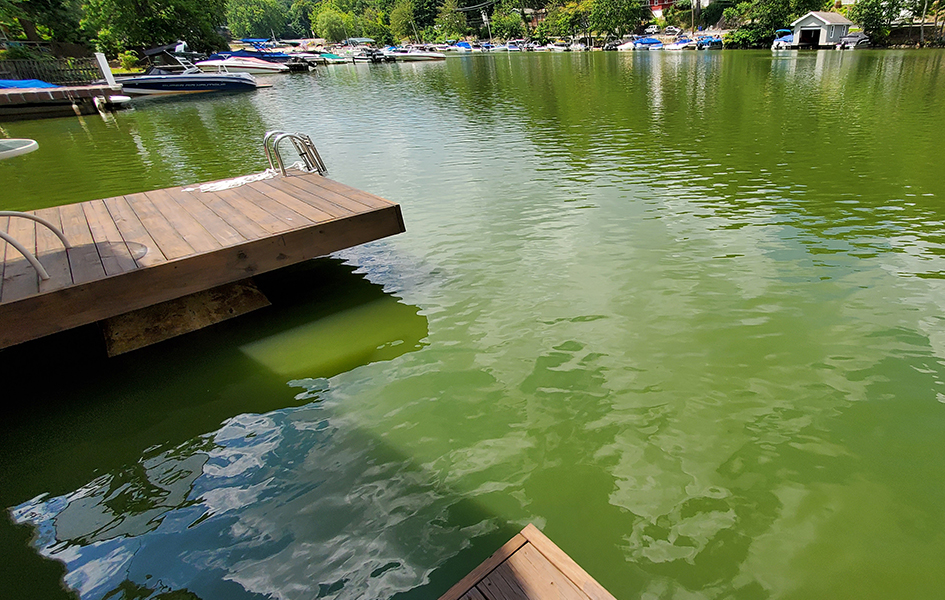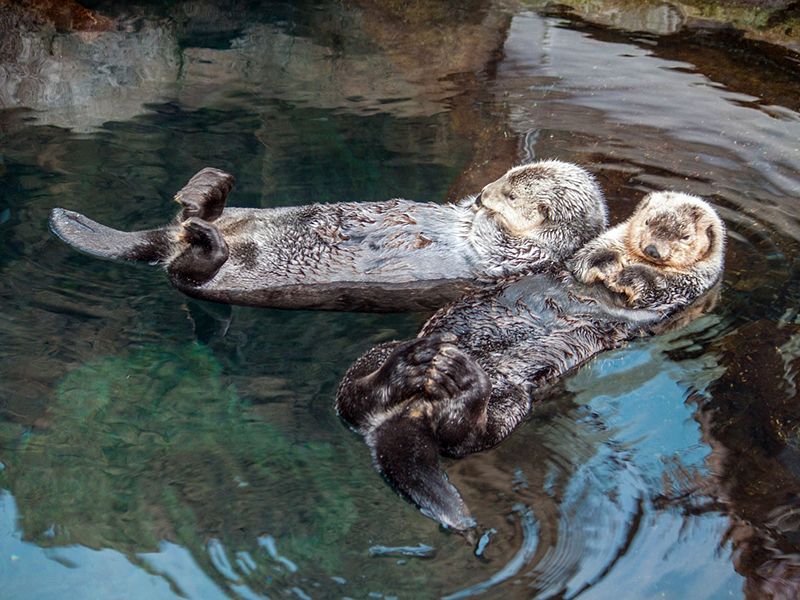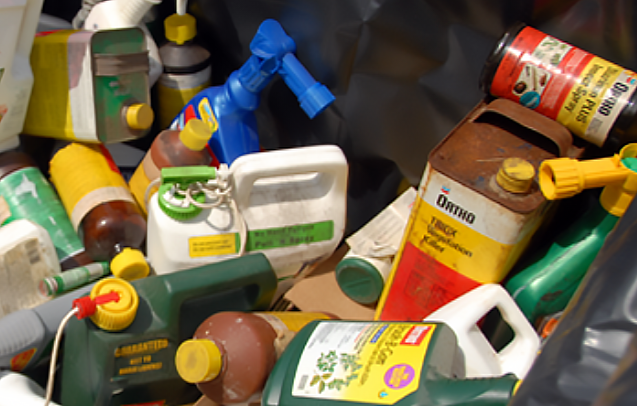
August 04, 2022| Environment
By: Holly Odgers
Testing completed by the New Jersey Department of Environmental Protection (NJDEP) over the past few weeks has confirmed the presence of NJDEP ADVISORY level HABs in the northern and southern ends of Crescent Cove in Hopatcong (including Crescent Cove Beach). An algaecide treatment is planned for Crescent Cove, read more HERE.
At the ADVISORY level, cyanobacteria concentrations of more than 80K cells/ml are present or toxin levels exceed 3 micrograms per milliliter of microcystins. Public beaches are closed. Primary contact (swimming) is not recommended. Use caution with secondary contact (boating). Do not ingest the water, and do not consume fish. It is also advisable to keep your pets away from the water as they are very sensitive to bacteria and may drink the water or lick it off their fur.
In addition, an NJDEP WATCH level HAB was confirmed at Shore Hills Beach in Landing.
At the WATCH level, cyanobacteria concentrations of 20K - 40K cells/ml have the potential for allergenic or irritative health effects. Public bathing beaches may remain open, but caution should be used during primary contact activities such as swimming. Do not ingest the water, and do not consume fish. It is also advisable to keep your pets away from the water as they are very sensitive to bacteria and may drink the water or lick it off their fur.
Visit NJDEP’s HAB Dashboard to view testing results by date and location on Lake Hopatcong.
A freshwater HAB is caused by bacteria and occurs when there are high temperatures, high nutrient levels, and calm water. These blooms are usually a bright green, but can also appear as spilled paint, “pea soup,” or as having a thick coating or “mat” on the surface.
HABs have the potential to pose a risk to people, pets, and wildlife if exposure occurs by ingestion, inhalation of contaminated water, or dermal contact.
If you observe what you think might be a HAB, a suspected Harmful Algal Bloom report can be submitted by smartphone or PC using the DEP HAB Interactive Map Reporting and Communication System. If a smartphone or computer is not available, reports may also be submitted to the DEP Hotline at 1-877-WARNDEP (927-6337).
For more information about HABs visit NJDEP’s HAB resource page.

February 10, 2025
Education, Environment

January 29, 2025
Community, Environment